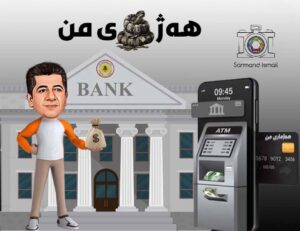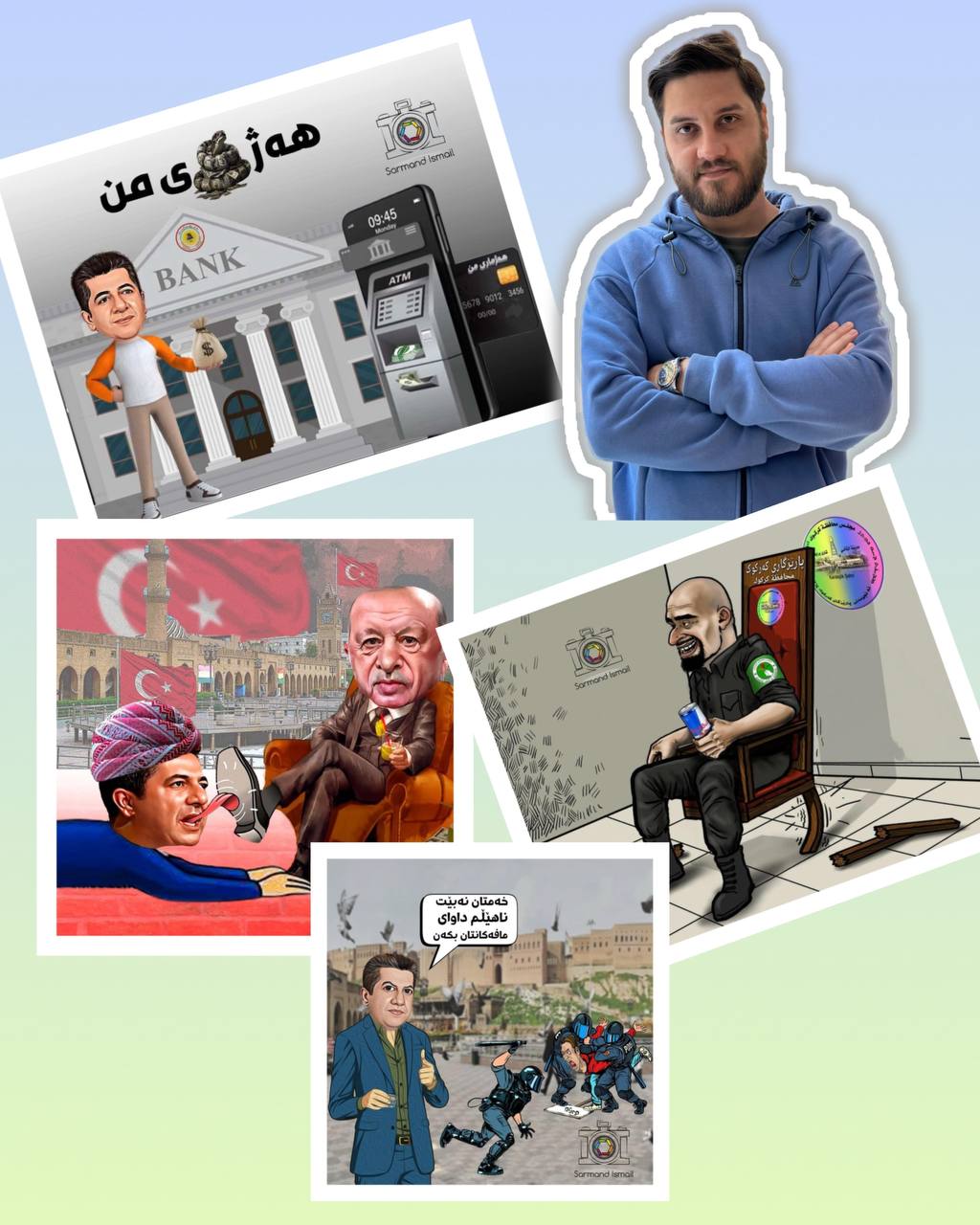The Exile Who Draws Blood: Sarmand’s Cartoons Expose the Kurdish Regime
In the shadow of two dominant political families Barzani’s KDP and Talabani’s PUK truth has become a dangerous pursuit in the Kurdistan Region. But for Sarmand Ismail, a fierce cartoonist born in the city of Sulaimani, the pen and his design skills became his only weapon against a system rotting from within.
From a young age, Sarmand was drawn to the arts, first through theatre, then through a natural transition into visual satire. He completed his education in theatre studies but quickly found himself immersed in the world of media and journalism, working across various radio and television platforms. However, it was political cartooning that gave Sarmand his clearest and boldest voice.
And that voice didn’t sit well with the Kurdish ruling elite.
In a region where free speech is smothered by the heavy hands of party militias and intelligence agencies, Sarmand’s cartoons have repeatedly pierced through propaganda with raw, visual honesty. Through satire and symbolism, he exposed the hypocrisy of so-called leaders who wrap themselves in the flag of Kurdistan while plundering its people.
His works some banned, others censored boldly depict political leaders trapped in their own corruption, dangling between oil pipes and ballot boxes. One cartoon might show Masrour Barzani proudly seated on a pile of stolen wages, while another shows the political parties playing football with the livelihoods of ordinary citizens. The messages are sharp, direct, and utterly unforgiving.
But speaking truth to power in Kurdistan comes at a high price.
Sarmand has faced numerous threats and harassment campaigns from the Kurdish authorities. His critical works earned him not accolades, but warnings, surveillance, and eventual exile. “Kurdistan has been hijacked by two families,” he often says, “and in such a state, even art becomes an act of rebellion.” Forced to flee his homeland, he now lives in exile in the UK.
Yet even from abroad, the ink of resistance flows strong.
Now based in Britain, Sarmand continues his activism through Dakok Organization and his unrelenting political cartoons. His work is a daily reminder that no amount of exile can silence an artist who has chosen truth over comfort, courage over compromise.
His goal is not just criticism, but transformation.
Sarmand envisions a future where cartoon festivals like Tunisia’s “Cartoonia” can be safely held in Kurdistan. Where children learn about political awareness through cartoons in school. Where digital caricature becomes a shield against state propaganda, not a target of it.
In one of his most damning recent works, Sarmand portrayed Masrour Barzani stealing from the Kurdish people under the guise of a personal account a cartoon crossed the red line in Kurdistan, yet widely shared online by frustrated citizens.

This is what makes his work powerful: it reflects the unspoken anger of a silenced people.
While the KDP and PUK continue to cling to power, enriched by oil deals and protected by fear, voices like Sarmand’s remind us that the soul of a nation cannot be bought or silenced forever.
In the face of threats, exile, and censorship, Sarmand Ismail remains a stubborn voice for truth.
And he will keep drawing until power no longer fears the pen as he stated to Kurdfile Media.

